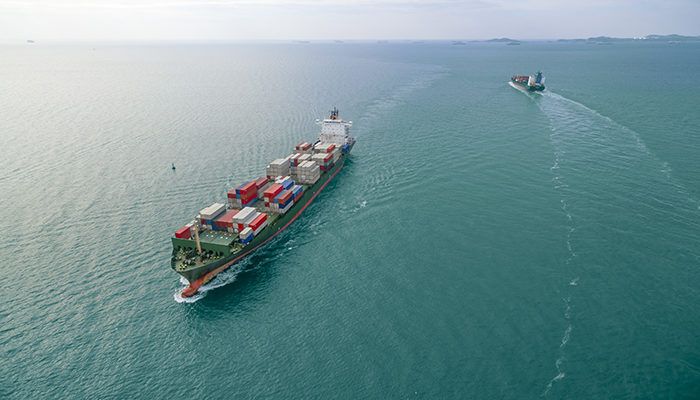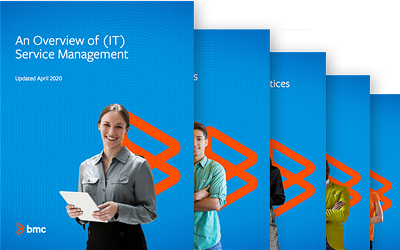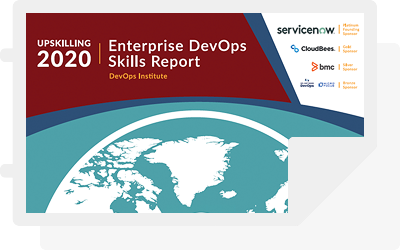Docker is an important tool for DevOps developers who use this platform to create faster, leaner, more agile objects, programs and code using containers. Containerization is a process that allows a developer to create a development environment in which configurations and customizations are designed into the container environment, ensuring peak performance of applications and resulting in faster, easier builds.
In DevOps environments, operations managers may decide to bolster their enterprise IT talent-base by investing in education and certifications for the development team. Docker could be an important certification for your enterprise dev team if containerization is practiced at your organization.
In this article, you’ll learn all about Docker certifications, which are the best for a developer’s career and how to invest in them. But first, a look at what to expect when you enroll in a Docker certification program:
What to expect from a Docker certification?
Docker certifications can include any number of certifications for DevOps that will improve your Docker skills, and that includes learning about peripheral principles in DevOps that can be applied to Docker. For that reason, Docker certifications are a much broader group than something like data science certifications.
These certifications usually consist of online or in-person coursework followed by a test. As with most certifications, tests can be online or taken in person at testing centers. However, with the advent of COVID-19, many certifying bodies are finding ways to offer proctored tests online, so check with the certification board to learn what steps they are taking to bring digital education and testing to you.
Beyond online coursework and testing, people interested in certifying in Docker are likely to certify in areas of IT like:
- Front-End Development
- UI Design
- Site Reliability and Security
- Systems Administration
- User Experience
Because Docker has broad appeal across IT organizations, a Docker certification is an asset for any enterprise organization that wants to grow and scale.
A relationships between Docker and DevOps
Docker supports some of the key principles of DevOps. Primarily, it allows for more agility and speed in programming. How does it do that?
Containerization platforms, like Docker, allow developers to quickly replicate development environments. This reduces the amount of time a DevOps team spends configuring the environment before moving onto the next phase in programming, reducing the chance of mistakes.
Importantly, Docker also allows automation to be configured. This includes automated builds that use your existing containers to automatically create new ones to meet your needs and automated testing. Using programs like Docker, developers can write basic code and set up instructions, allowing Docker to do a lot of the heavy lifting. For this reason, it’s an ideal tool for DevOps teams that must be able to act fast and with precision.
2020 Top certifications for Docker professionals
Below are the top certifications for Docker developers in 2020:
1. Docker Certified Associate
There is one primary certification offered by Docker for power users who want to increase their knowledge of Docker and demonstrate skill through certification. That’s the Docker Certified Associate.
Docker’s course is comprehensive. Considered the gold standard in Docker certifications, a Docker certified associate learns:
- Networking and Storage
- Installation and Configuration
- Docker Orchestration
- Imaging and Image Management
- Ensuring Security in Docker
The Docker Certified Associate certification program offers three specialties: Infrastructure, Containers, and Plugins. The cost of becoming a Docker Certified Associate is $195 for the exam, plus the cost of any education coursework in which you choose to invest.
2. Certified Kubernetes Administrator or Application Developer
Kubernetes is a development engine that offers compatibility with Docker to create an environment that operates streamlined, entirely in the cloud, in a way that is uniquely Google. Learning about Kubernetes, from a certification standpoint, can also teach you about Docker and help you elevate your employees who use Docker within the Kubernetes framework. The exams for these certifications are $300 each.
3. Udemy or Udacity Courses
While training courses like these don’t necessarily end in a professional certification, you can be awarded a certificate at the end that might be valuable to your employer. Further, if you are an employer looking to bolster your team, Udemy and Udacity have comprehensive coursework, some of which is offered for free.
Udemy, for example, offers a course called Docker Mastery Tutorial, taught by a Docker pro who has trained more than 30,000 people, Bret Fisher. Among the highlights of this course include:
- Advanced code development
- No paid software required for course
- Learn to make fast updates to swarm services
Using these techniques, even uncertified Docker professionals can display leadership that makes teams more efficient and propels Docker developers to new heights in their careers.
Docker certification tips
Below are our favorite tips for developers looking to achieve a Docker certification:
- Don’t forget to practice test: The Docker platform offers practice tests for people preparing for Docker certifications. By logging onto Docker’s study information, those who are studying for a certification can be better prepared to pass.
- Start from meager beginnings: The best way to learn Docker is to use it. It’s recommended you start with small projects, learning from your mistakes along the way, to best prepare for certification.
- Be a strong community member: Docker’s platform allows developers to access the Docker community for questions, support and general information. Be a good steward of the Docker community by participating. This will also help you learn more practical knowledge about Docker as you prepare for certification.
- Take a Docker for Beginner’s course: Many third party vendors offer Docker courses designed to bring beginners up to speed. Taking one of these courses could be valuable to your learning experience.
Containerization allows businesses to be more flexible and better equipped to handle changes to the business ecosystem, like those resulting from COVID-19. It does this because, by using tools like Docker, developers can work faster, more consistently, and they can ensure the correct customizations and configurations follow a development project through every phase of development, avoiding mistakes that might only be found in the testing phase.








